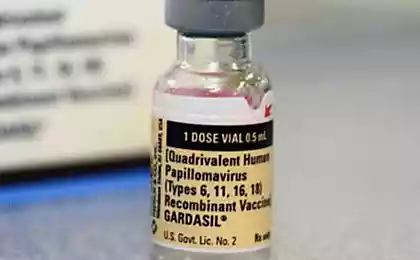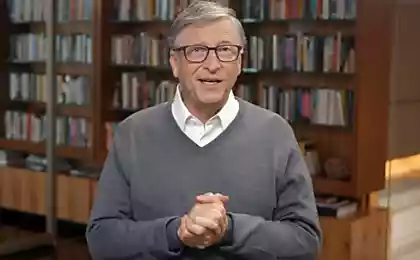205
Many people no longer believe in life without masks.
Predicting the development of the situation with Covid-19 has become an extremely difficult task for science. How long will the global pandemic last? This question arises from day to day in the mind of each of us. Editorial "Site" It will tell you if there is a vaccine against the coronavirus, and if so, how quickly we can get back to normal.

BioNTech and Pfizer recently announced that they have finally created the first effective coronavirus vaccine. They believe that the drug can protect 90% of people from infection with Covid-19. The vaccine has already been tested on 43,500 people in six countries and there have been no safety concerns. But how soon will we feel the impact of vaccines on the current state of affairs?
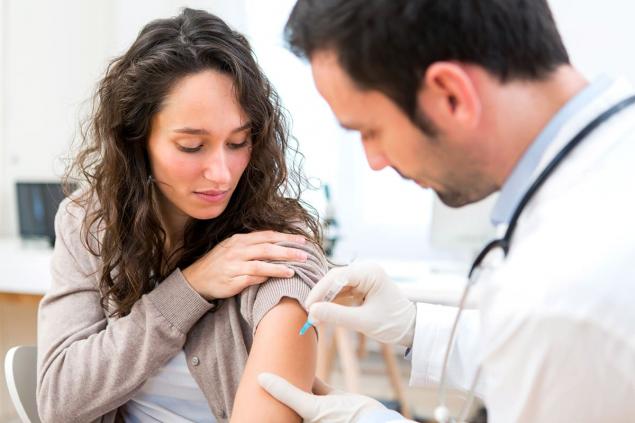
According to Professor Ugur Shahin, co-founder of BioNTech, the coming winter will still be difficult, as the vaccine will not significantly affect the increase in the number of infected people. But now yearly Significant changes can be expected in the fight against the pandemic.

In a public appearance on the BBC, Professor Shaheen said he was confident that the vaccine would significantly slow the spread of infection and stop the symptoms of the disease in those who were vaccinated.
“I am convinced that human transmission will be reduced with such a highly effective vaccine.” Maybe not 90%, but 50%. But we must not forget that even this can lead to a sharp decrease in the spread of the pandemic, he said.
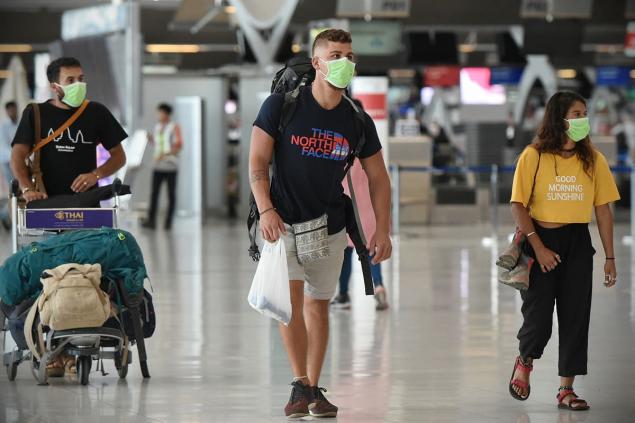
After announcing success in developing the world's first working vaccine, John Bell, a professor of medicine at the University of Oxford, said life could be normalised by spring. But Ugur Shahin believes it will take longer. If all goes well, the vaccine will be delivered in late 2020 or early 2021.
The goal is to supply more than 300 million doses worldwide by April 2021. This can allow them to start affecting the disease.
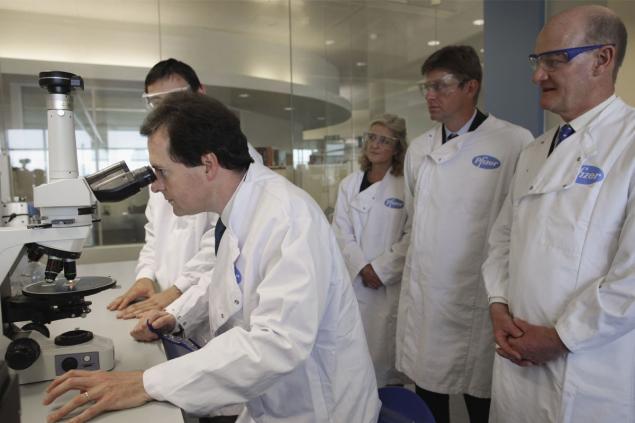
© GettyImages Shaheen noted that the situation will be much better later: "Summer will help us, as the level of infection in the summer will decrease." And crucially, we will get a high vaccination rate either by autumn or by winter next year.
He also mentioned that the "main side effects" of the vaccine were moderate pain at the injection site for several days and low fever in some test participants.
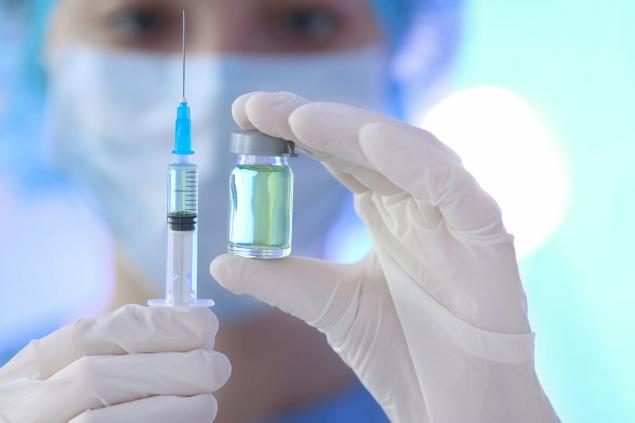
BioNTech’s vaccine is one of 11 others currently in final testing. It seems that we can only wait patiently and hope that effective vaccination will soon be available to everyone. To safely wait for this moment, we can do everything possible: wear masks, observe hygiene rules and social distance. Are you ready to get vaccinated when you get the chance?

BioNTech and Pfizer recently announced that they have finally created the first effective coronavirus vaccine. They believe that the drug can protect 90% of people from infection with Covid-19. The vaccine has already been tested on 43,500 people in six countries and there have been no safety concerns. But how soon will we feel the impact of vaccines on the current state of affairs?

According to Professor Ugur Shahin, co-founder of BioNTech, the coming winter will still be difficult, as the vaccine will not significantly affect the increase in the number of infected people. But now yearly Significant changes can be expected in the fight against the pandemic.

In a public appearance on the BBC, Professor Shaheen said he was confident that the vaccine would significantly slow the spread of infection and stop the symptoms of the disease in those who were vaccinated.
“I am convinced that human transmission will be reduced with such a highly effective vaccine.” Maybe not 90%, but 50%. But we must not forget that even this can lead to a sharp decrease in the spread of the pandemic, he said.

After announcing success in developing the world's first working vaccine, John Bell, a professor of medicine at the University of Oxford, said life could be normalised by spring. But Ugur Shahin believes it will take longer. If all goes well, the vaccine will be delivered in late 2020 or early 2021.
The goal is to supply more than 300 million doses worldwide by April 2021. This can allow them to start affecting the disease.

© GettyImages Shaheen noted that the situation will be much better later: "Summer will help us, as the level of infection in the summer will decrease." And crucially, we will get a high vaccination rate either by autumn or by winter next year.
He also mentioned that the "main side effects" of the vaccine were moderate pain at the injection site for several days and low fever in some test participants.

BioNTech’s vaccine is one of 11 others currently in final testing. It seems that we can only wait patiently and hope that effective vaccination will soon be available to everyone. To safely wait for this moment, we can do everything possible: wear masks, observe hygiene rules and social distance. Are you ready to get vaccinated when you get the chance?
Prayers for well-being in life that are easy to remember
The things a furniture maker does with new kitchen furniture to make it last for years




